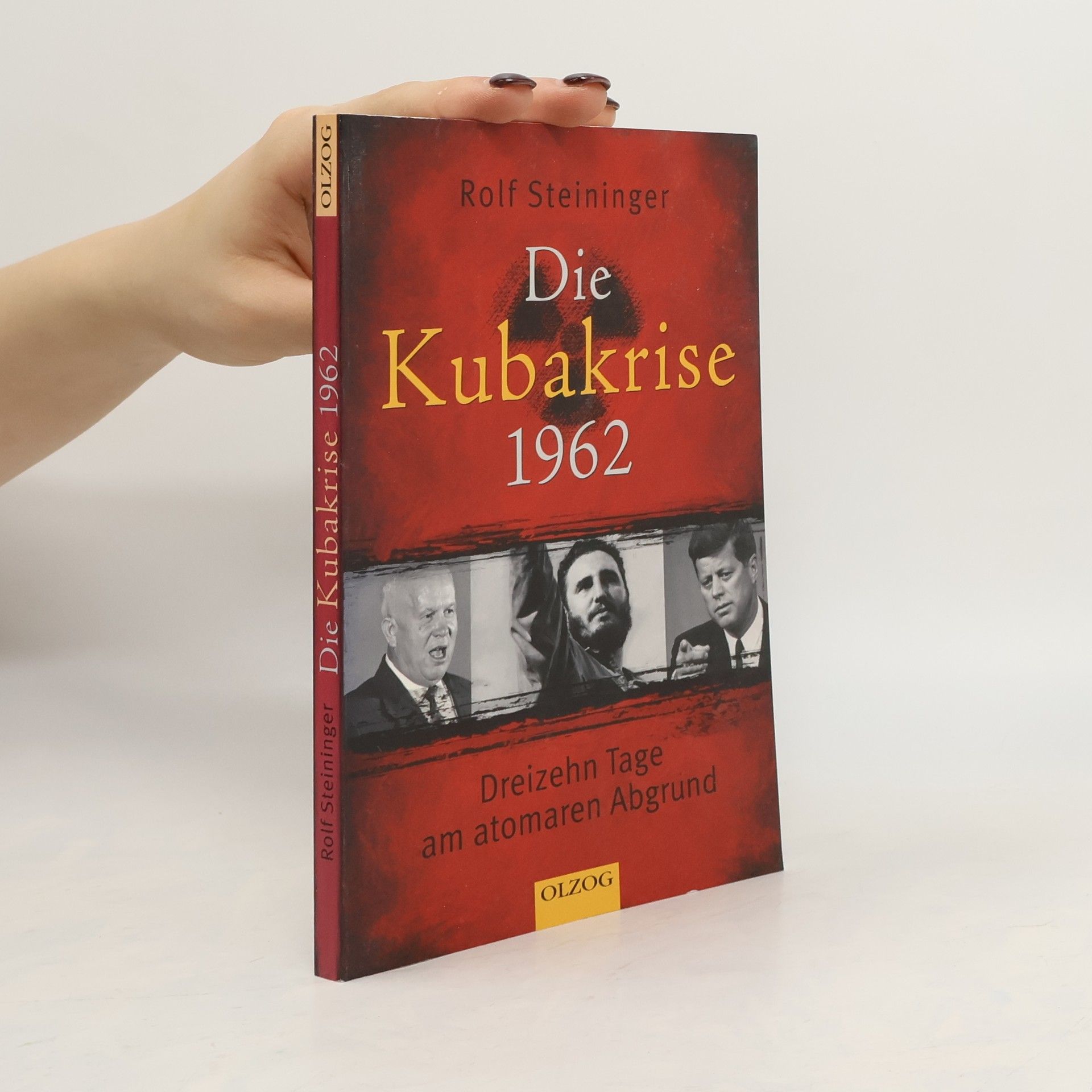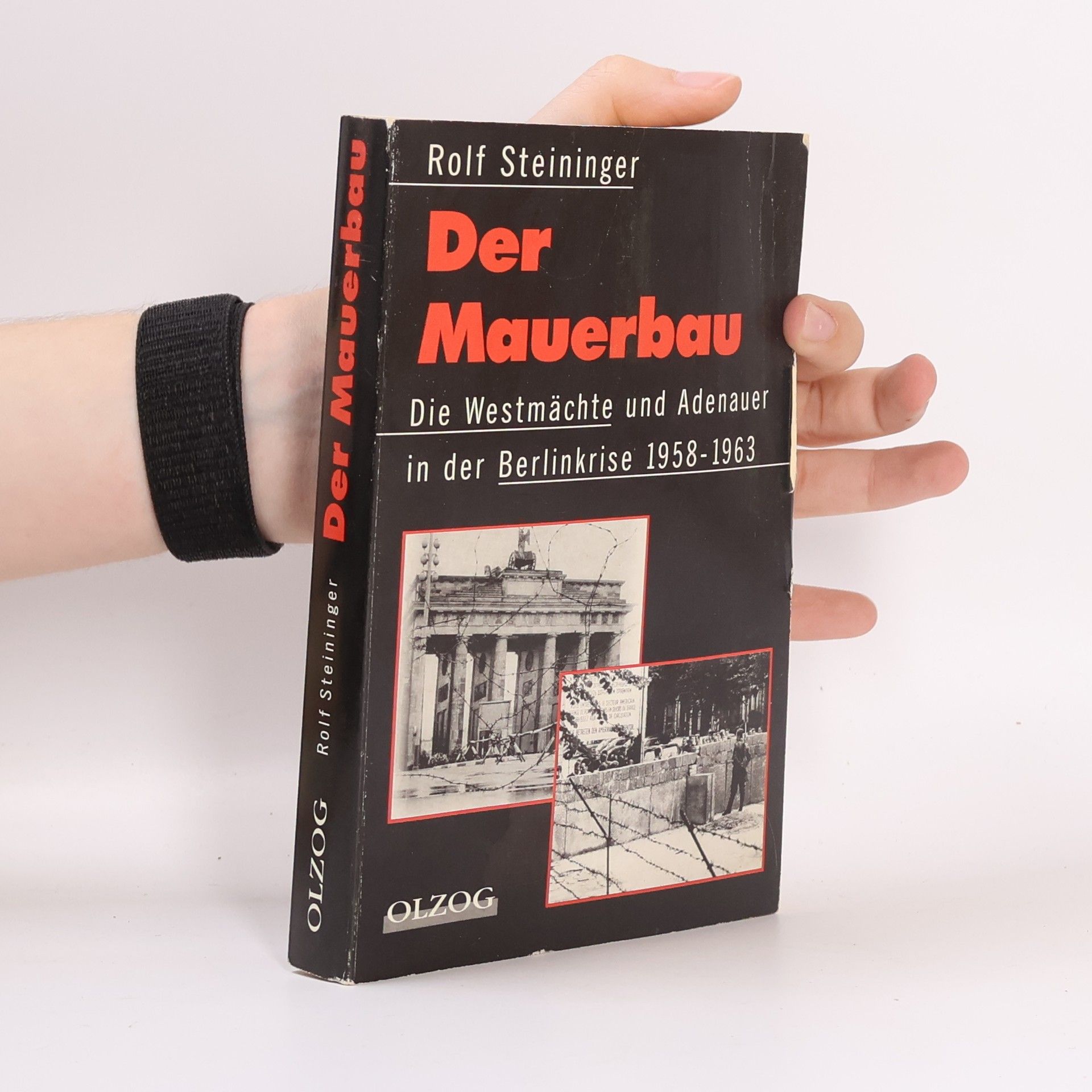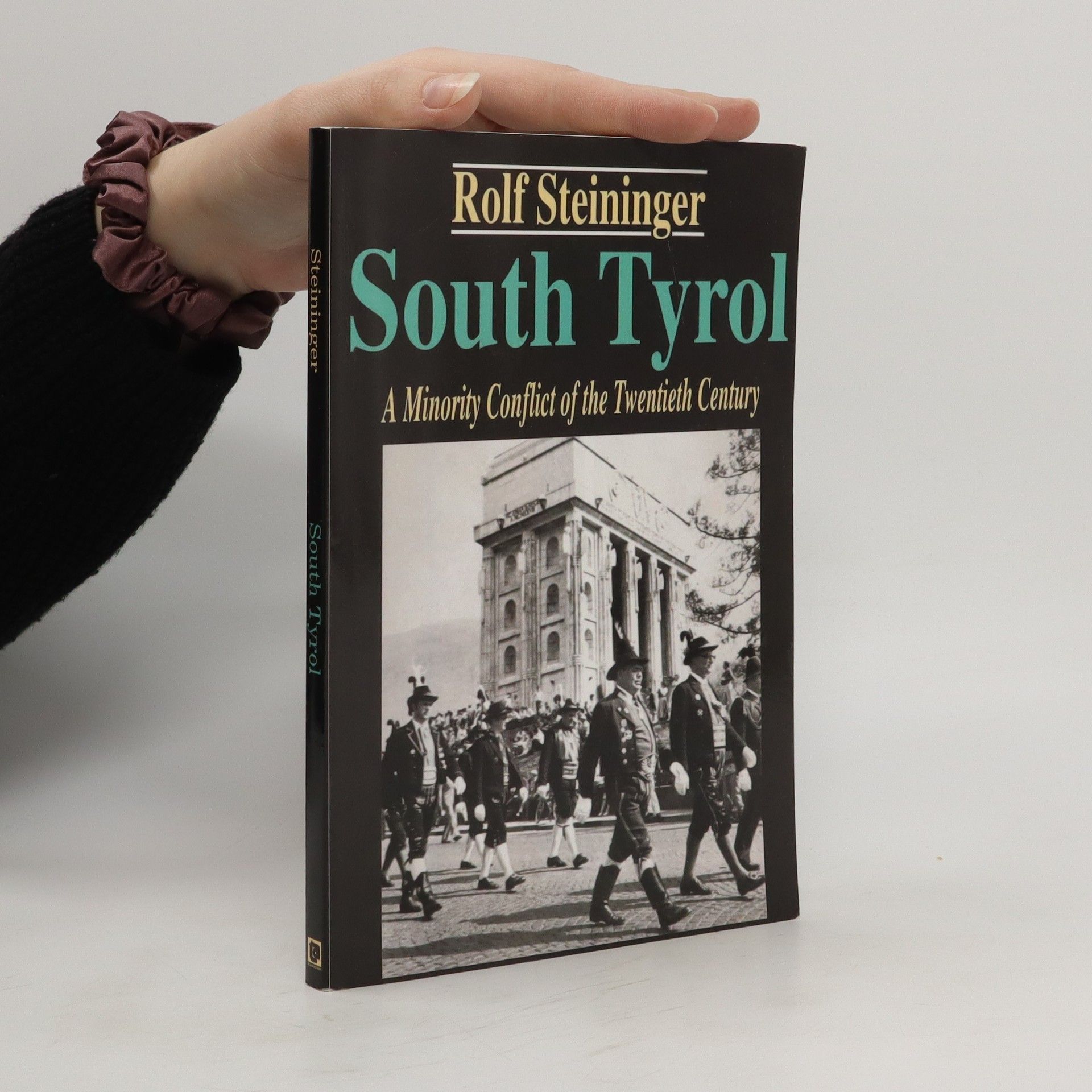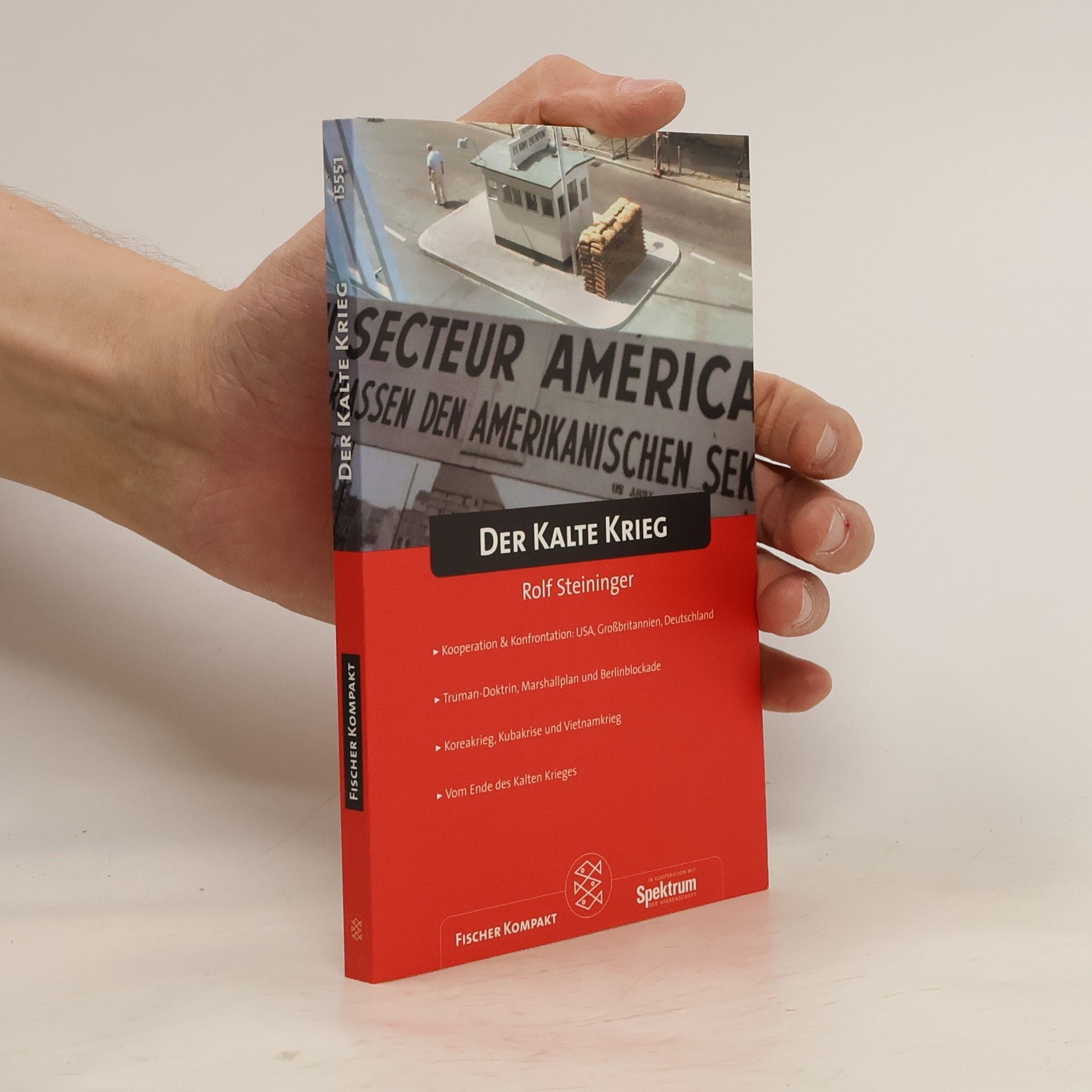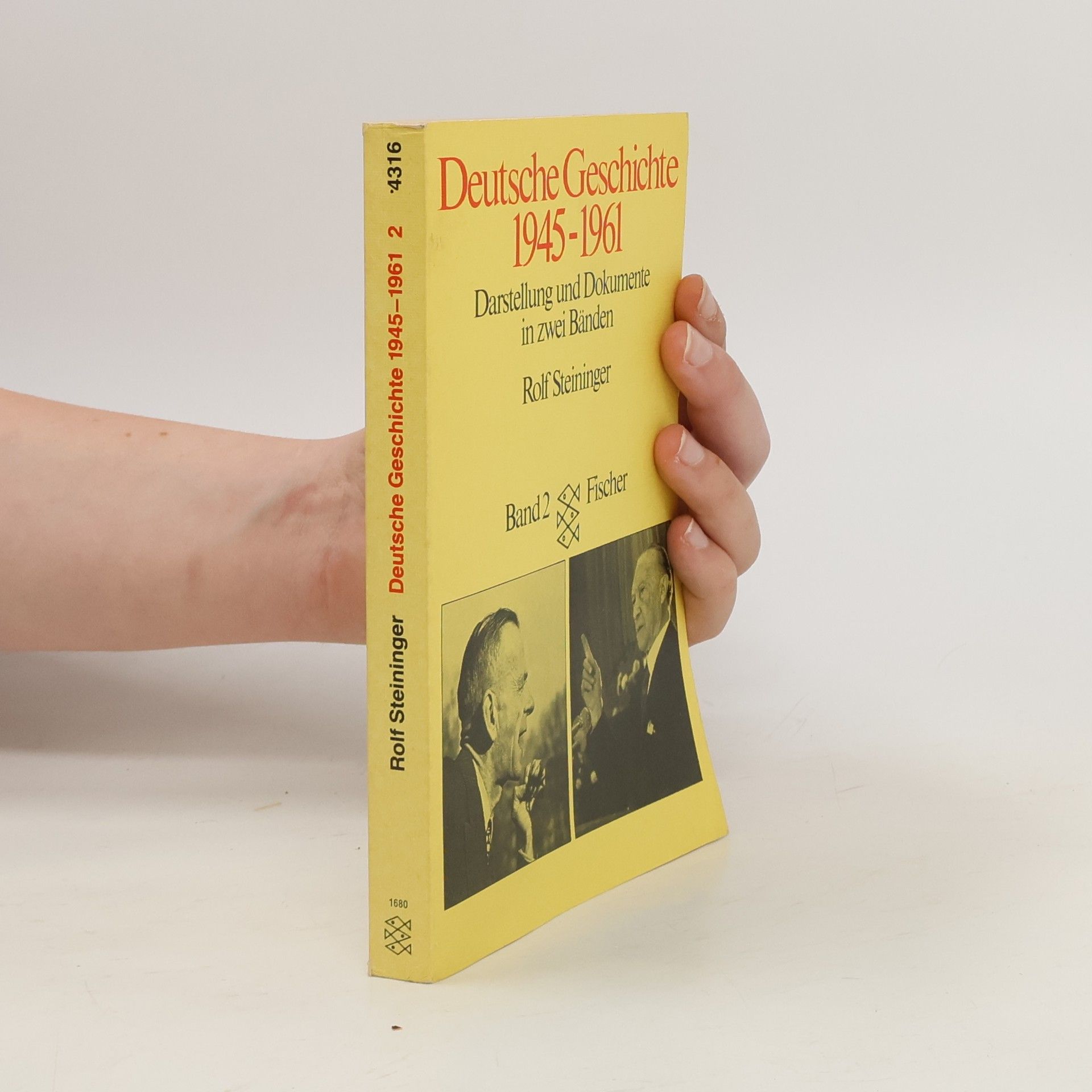South Tyrol: a minority conflict of the twentieth century
- 175bladzijden
- 7 uur lezen
"South Tyrol, a region in the heart of the Alps about half the size of Connecticut, brings into sharp focus an important part of twentieth-century history. Tyrol, a province that had been part of Austria for over 500 years and was almost totally German-speaking, was split in two after World War I and the southern part awarded to Italy as "spoils of war."" "Rolf Steininger traces the history of this troubled region during several periods: 1918-1922, in which he covers the period from the division of Tyrol to the march on Bozen; 1922-1938, in which he reviews fascist policy towards South Tyrol; the "Option" of 1939; the resettlement and so-called reunification from 1943-1945; South Tyrol's role as a bargaining chip in the Cold War, and the Gruber-Gasperi Agreement of 1946; and the volume closes with a discussion of the plan negotiated in 1969 for a new autonomy for South Tyrol that came to be known as the "Package.""--Page 4 de la couverture.
